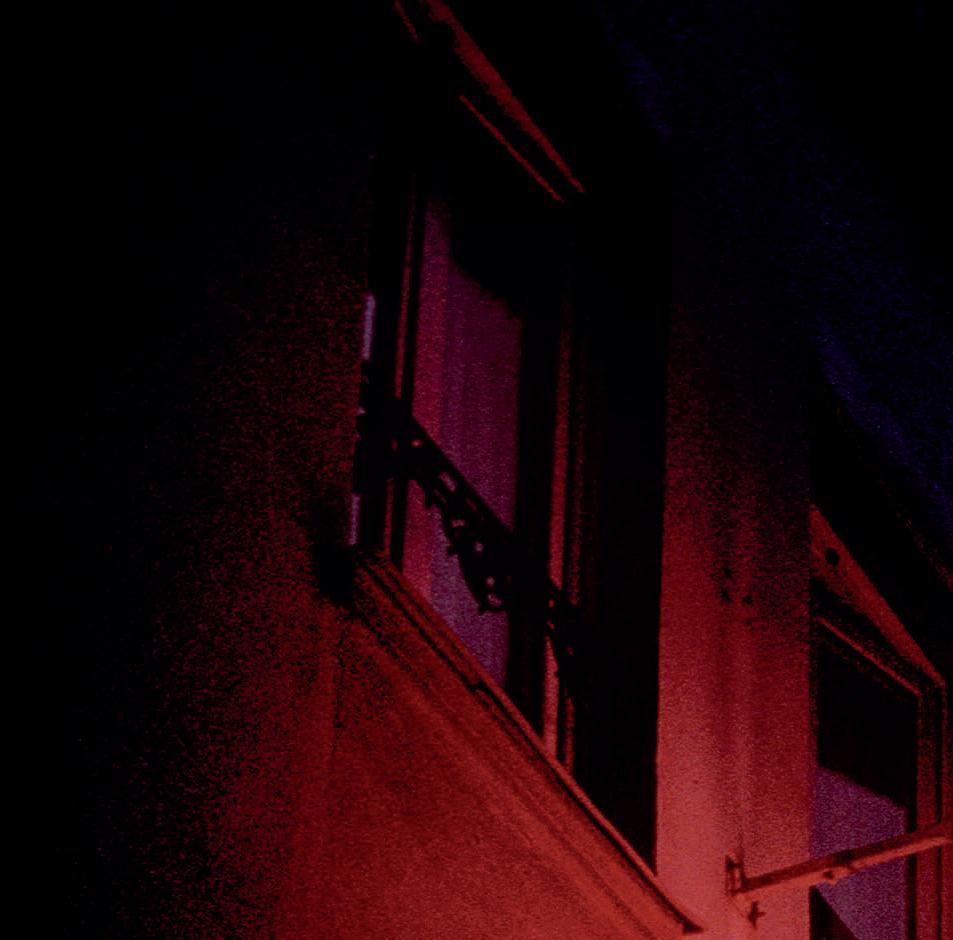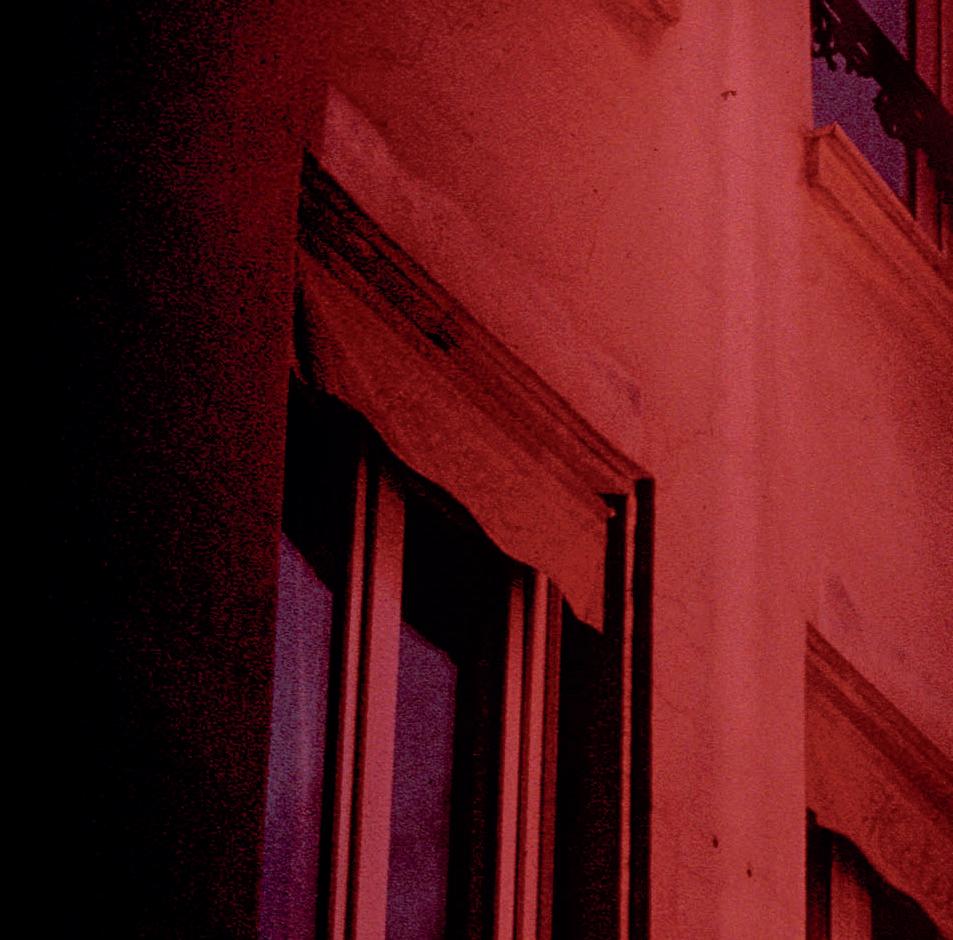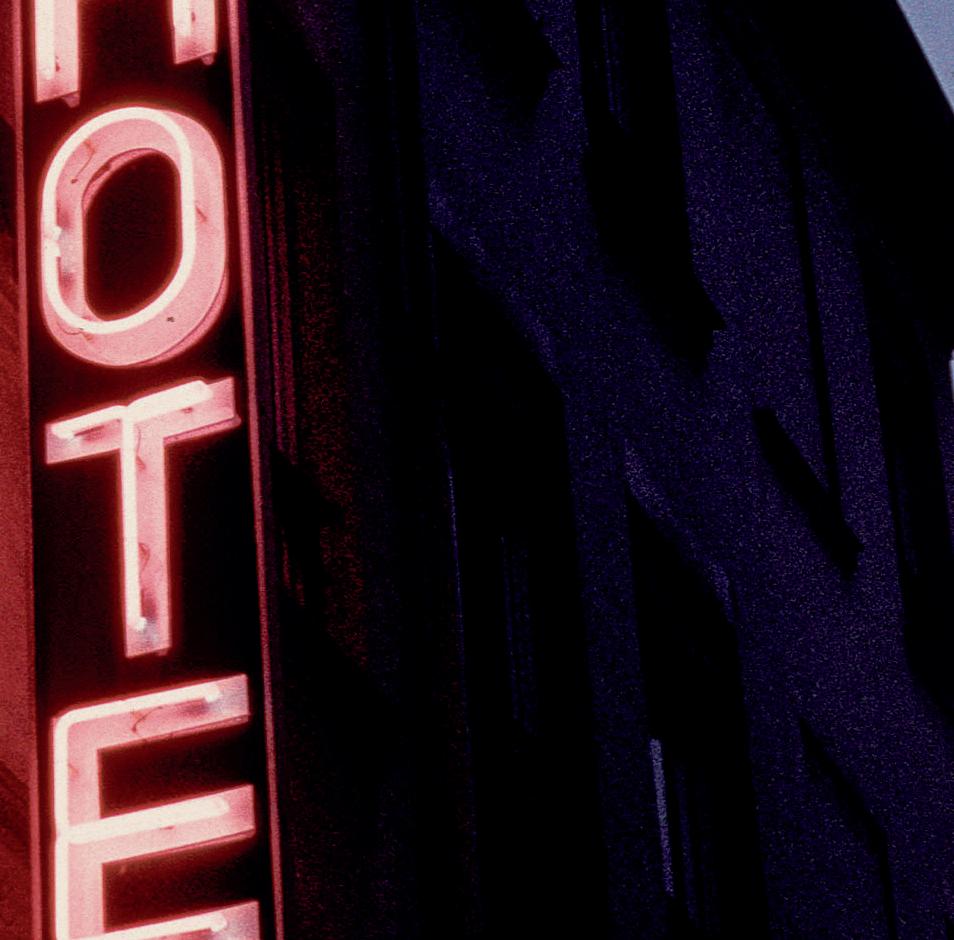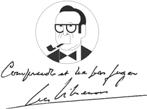









‘I love reading Simenon. He makes me think of Chekhov’ William Faulkner
‘A truly wonderful writer . . . marvellously readable – lucid, simple, absolutely in tune with the world he creates’
Muriel Spark
‘Few writers have ever conveyed with such a sure touch, the bleakness of human life’
A. N. Wilson
‘One of the greatest writers of the twentieth century . . . Simenon was unequalled at making us look inside, though the ability was masked by his brilliance at absorbing us obsessively in his stories’ Guardian
‘A novelist who entered his fictional world as if he were part of it’
Peter Ackroyd
‘The greatest of all, the most genuine novelist we have had in literature’ André Gide
‘Superb . . . The most addictive of writers . . . A unique teller of tales’ Observer
‘The mysteries of the human personality are revealed in all their disconcerting complexity’ Anita Brookner
‘A writer who, more than any other crime novelist, combined a high literary reputation with popular appeal’ P. D. James
‘A supreme writer . . . Unforgettable vividness’ Independent
‘Compelling, remorseless, brilliant’ John Gray
‘Extraordinary masterpieces of the twentieth century’
John Banville
about the author
Georges Simenon was born on 12 February 1903 in Liège, Belgium, and died in 1989 in Lausanne, Switzerland, where he had lived for the latter part of his life. He published seventy-five novels and twenty-eight short stories featuring Inspector Maigret.
Simenon always resisted identifying himself with his famous literary character, but acknowledged that they shared an important characteristic:
My motto, to the extent that I have one, has been noted often enough, and I’ve always conformed to it. It’s the one I’ve given to old Maigret, who resembles me in certain points . . . ‘understand and judge not’.
Translated by anthea bell
UK | USA | Canada | Ireland | Australia
India | New Zealand | South Africa
Penguin Classics is part of the Penguin Random House group of companies whose addresses can be found at global.penguinrandomhouse.com.
Penguin Random House UK
One Embassy Gardens, 8 Viaduct Gardens, London SW 11 7BW penguin.co.uk
First published in French as M. Gallet décédé by Fayard 1931
This translation first published 2013
Published in Penguin Classics 2025 001
Copyright © Georges Simenon Limited, 1931
Translation copyright © Anthea Bell, 2013


GEORGES SIMENON and ® , all rights reserved
MAIGRET ® Georges Simenon Limited, all rights reserved original design by Maria Picassó i Piquer

All rights reserved
The moral rights of the author and translator have been asserted
Penguin Random House values and supports copyright.
Copyright fuels creativity, encourages diverse voices, promotes freedom of expression and supports a vibrant culture. Thank you for purchasing an authorized edition of this book and for respecting intellectual property laws by not reproducing, scanning or distributing any part of it by any means without permission. You are supporting authors and enabling Penguin Random House to continue to publish books for everyone. No part of this book may be used or reproduced in any manner for the purpose of training artificial intelligence technologies or systems. In accordance with Article 4(3) of the DSM Directive 2019/790, Penguin Random House expressly reserves this work from the text and data mining exception.
Typeset by Palimpsest Book Production Limited, Falkirk, Stirlingshire
Printed and bound in Great Britain by Clays Ltd, Elcograf S.p.A.
The authorized representative in the EEA is Penguin Random House Ireland, Morrison Chambers, 32 Nassau Street, Dublin D 02 YH 68
A CIP catalogue record for this book is available from the British Library
ISBN : 978–0–141–39337–7
Penguin Random House is committed to a sustainable future for our business, our readers and our planet. This book is made from Forest Stewardship Council® certified paper.
The very first contact between Detective Chief Inspector Maigret and the dead man with whom he was to spend several weeks in the most puzzling intimacy was on 27 June 1930 in circumstances that were mundane, difficult and unforgettable all at the same time.
Unforgettable chiefly because for the last week the Police Judiciaire had been getting note after note announcing that the King of Spain would be passing through Paris on that day and reminding them of the precautions to be taken on such an occasion.
It so happened that the commissioner of the Police Judiciaire was in Prague, at a conference on forensics. His deputy had been called home to his villa in Normandy, where one of his children was ill.
Maigret, as the senior inspector, had to take everything on in suffocating heat, with manpower reduced by the holiday season to the bare minimum.
It was also early in the morning of 27 June that the body of a murdered woman, a haberdasher, was found in Rue Picpus.
In short, at nine in the morning all available inspectors had left for Gare du Bois-de-Boulogne, where the Spanish monarch was expected.
Maigret had told his men to open the doors and windows, and in the draughts doors slammed and paper flew off tables.
At a few minutes past nine, a telegram arrived from Nevers:
Émile Gallet, commercial traveller, home address SaintFargeau, Seine-et-Marne, murdered night of 25, Hôtel de la Loire, Sancerre. Many curious details. Please inform family for identification of corpse. Send inspector from Paris if possible.
Maigret had no option but to set off in person to SaintFargeau, a place thirty-five kilometres from the capital even the name of which had been unknown to him an hour earlier.
He did not know how the trains ran. As he arrived at Gare de Lyon, he was told that a local train was just about to leave. He began to run and was just in time to fling himself into the last carriage. That was quite enough to drench him in sweat, and he spent the rest of the journey getting his breath back and mopping his face, for he was a large, thick-set man.
At Saint-Fargeau he was the only traveller to get out, and he had to wander about on the softened asphalt of the platform for several minutes before he managed to unearth one of the station staff.
‘Monsieur Gallet? Right at the end of the central avenue of the housing development. There’s a sign outside the house with its name on it, “Les Marguerites”. In fact it’s almost the only house to be finished so far.’
Maigret took off his jacket, slipped a handkerchief under his bowler hat to protect the back of his neck, because the avenue in question was about 200 metres wide, and you could walk only right down the middle of it, where there was no shade at all.
The sun was an ominous coppery colour, and midges were stinging furiously in advance of the coming storm.
Not a soul in sight to brighten the scene and provide a traveller with any information. The housing development was nothing but a huge forest which must have been part of the grounds of a large manor house. All anyone had done to it yet was to mark out a geometrical network of streets, like the stripes left by a lawnmower, and to lay the cables that would provide the future houses with electric light.
Opposite the railway station, however, there was a square laid out with mosaic-lined fountains. Over a wooden shack was a sign reading ‘Sales Office. Plots of Land for Development’. Beside it, there was a map on which the empty streets already bore the names of politicians and generals.
Every fifty metres, Maigret took out his handkerchief to mop his face again, and then put it back over the nape of his neck, which was beginning to sizzle. He saw embryonic buildings here and there, sections of wall that the builders must have abandoned because of the heat. At least two kilometres from the station he found ‘Les Marguerites’, a house that was faintly English in appearance, with red tiles, complicated architecture and a rustic wall separating the garden from what for a few years yet would still be the forest.
Looking up through the first-floor windows, he saw a bed with a mattress folded in two on top of it, while the sheets and blankets were airing over the window-sill.
He rang the bell. A maidservant about thirty years old with a squint looked at him through a peephole first, and while she was making up her mind to open the door Maigret put his jacket back on. 3
‘I’d like to see Madame Gallet, please.’
‘Who shall I say it is?’
But a voice inside the house was already asking her, ‘Who is it, Eugénie?’
And Madame Gallet appeared on the steps in person, chin in the air as she waited for the intruder to explain himself.
‘You’ve dropped something,’ she said in unfriendly tones, as he took off his hat, forgetting the handkerchief, which now fell to the ground.
He picked it up, mumbling something unintelligible, and introduced himself. ‘Detective Chief Inspector Maigret of the Flying Squad. I would like a few words with you, madame.’
‘With me?’ And she added, turning to the maid, ‘What are you waiting about for?’
Maigret knew what he thought about Madame Gallet, at least. She was a woman of around fifty, and there were no two ways about it: she was disagreeable. In spite of the time of day, the heat, the solitude of the house, she was already wearing a mauve silk dress, and not one of her grey hairs ventured out of the rigidity of her set. Her neck, bosom and hands were laden with gold necklaces, brooches and rings that clicked against each other. Unwillingly, she preceded her visitor into the sitting room. As he passed an open door, Maigret saw a white kitchen spark ling with copper and aluminium pans.
‘May I start waxing the floor, madame?’
‘Of course! Why not?’
The maid disappeared into the dining room next door and could soon be heard spreading wax polish on the floor where she knelt, while an invigorating smell of turpentine spread through the house. There were pieces of embroidery
on all the furniture in the sitting room. On the wall hung an enlarged photograph of a tall, thin adolescent boy with jutting knees, dressed for his First Communion.
A smaller photo on the piano showed a man with thick hair, a salt-and-pepper goatee beard, wearing a jacket with poorly cut shoulders. The oval of his face was as long as the boy’s. Another detail brought Maigret up short, and it was several moments before he realized that the man’s lips, which almost cut his face in half, were abnormally thin.
‘Your husband?’
‘Yes, my husband! And I am waiting to hear what the police think they are doing here . . .’
During the conversation that followed, Maigret had to keep looking back at the photograph, and that could really be described as his first point of contact with the dead man.
‘I’m afraid I have bad news to break, madame . . . your husband is away, isn’t he?’
‘Well, go on! Out with it . . . has something . . . ?’
‘Yes, there has been an accident. Well, not strictly speaking an accident. I must ask you to be brave . . .’
She was standing in front of him, her back very straight, her hand resting on a pedestal table with a reproduction bronze on it. Her face was hard, distrustful, and nothing about her moved except her podgy fingers. What made Maigret think that she had certainly been slim, maybe very slim, for the first half of her life, and had put on weight only with age?
‘Your husband was killed in Sancerre on the night of 25 June. I have the painful task of informing you . . .’
The inspector turned to the portrait photo and asked, pointing to the boy dressed for his First Communion, ‘You have a son, I believe?’
For a moment Madame Gallet looked as if the straight back that she thought indispensable to her dignity might be about to bend. She said, reluctantly, ‘A son, yes,’ and then she immediately added, in a triumphant tone, ‘You did say Sancerre, didn’t you? And this is the 27th. In that case you’ve made a mistake. Wait a minute . . .’
She went into the dining room, where Maigret could see the maid on all fours. When Madame Gallet came back, she held a postcard out to her visitor.
‘This card is from my husband. It’s dated the 26th and postmarked Rouen.’
She had some difficulty in suppressing a smile betraying her delight in humiliating a police officer who was bold enough to intrude on her privacy.
‘It must be some other Gallet, not that I know anyone of that name.’ She was almost on the point of opening the door, and couldn’t keep her eyes off it. ‘My husband represents the firm of Niel et Cie all over Normandy.’
‘I’m afraid, madame, that your relief is unfounded. I must ask you to accompany me to Sancerre. For both your sake and mine . . .’
‘But since . . .’
She shook the postcard, which showed the Old Market in Rouen. The door of the dining room was still open, and Maigret could see now the maid’s behind and feet, now her head and the hair falling over her face. He heard the sound of the rag, greasy with polish, being wiped over the wooden floor.
‘Believe me, I wish with all my heart that there was some mistake. However, the papers found in the dead man’s pockets are definitely your husband’s.’
‘They could have been stolen from him . . .’ But despite
herself, a note of anxiety was beginning to creep into her voice. She followed Maigret’s eyes as he looked at the smaller portrait and said, ‘That photo was taken when he had begun dieting.’
‘If you would like to eat lunch first,’ suggested the inspector, ‘I could come back for you in an hour’s time.’
‘Certainly not. If you think that . . . that it’s necessary . . . Eugénie! My black silk coat, my bag and my gloves.’
Maigret was not interested in this case; it had all the hallmarks of a particularly distasteful investigation. And if he remembered the picture of the man with the goatee beard – who was dieting! – and the boy dressed for his First Communion, it was unintentionally. Everything he did today felt like a chore. First going back up the central avenue in an increasingly stifling atmosphere, and this time unable to take his jacket off. Then waiting thirty-five minutes at Melun station, where he bought a picnic basket containing sandwiches, fruit and a bottle of Bordeaux.
At 3 p.m. he was sitting opposite Madame Gallet in a first-class compartment, in a train on the main line to Moulins, stopping at Sancerre. The curtains were drawn, the windows lowered, but there was only a very occasional breath of fresh air.
Maigret had taken his pipe out of his pocket; but when he looked at his companion he gave up any idea of smoking in front of her. The train had been going along for a good hour when she asked, in a voice that at last sounded more human, ‘How would you explain all this?’
‘I can’t explain anything yet, madame. I don’t know anything. As I told you, the crime was committed on the
night of 25 June, at the Hôtel de la Loire. This is the holiday season, and in addition the provincial prosecutors’ offices aren’t always in a hurry. We weren’t told at police headquarters in Paris until this morning . . . Was your husband in the habit of sending you postcards?’
‘Whenever he was away.’
‘He was away a great deal?’
‘About three weeks a month. He went to Rouen and stayed at the Hôtel de la Poste . . . he’s been staying there for twenty years! He based himself there and went out all over Normandy, but he managed to get back to Rouen in the evening as often as possible.’
‘You have only the one son?’
‘One son, yes! He works in a bank in Paris.’
‘Rather than living with you in Saint-Fargeau?’
‘It’s too far for him to come home every day. He always spends Sundays with us.’
‘May I suggest that you have something to eat?’
‘No thank you,’ she said, in the same tone that she might have used to reply to an impertinent remark. And indeed, he had difficulty in imagining her nibbling a sandwich like the first to arrive at a party, and drinking warm wine from the catering company’s oiled paper cup. You could tell that dignity meant a great deal to her. She could never have been pretty, but she had regular features, and if she had not been so expressionless she would not have been without charm, thanks to a certain melancholy in her face which was emphasized by her way of holding her head on one side.
‘Why would anyone kill my husband?’ she wondered aloud.
‘You don’t know of any enemies he may have had?’
‘No enemies, no friends either! We live very quietly, like everyone who’s known a time before all the brutality and vulgarity you find now that the war is over.’
‘I see.’
The journey seemed interminable. Several times Maigret went out into the corridor for a few puffs at his pipe. His detachable collar had gone limp owing to the heat and his profuse perspiration. He envied Madame Gallet, who didn’t even notice temperatures of 33 or 34 degrees in the shade and stayed in exactly the same position as at the start of the journey, as if for a bus trip, handbag on her knees, head slightly turned to the window.
‘How was th . . . that man killed?’
‘The telegram doesn’t say. I gathered that he was found dead in the morning.’
Madame Gallet jumped, and it took her a moment to get her breath back as she sat with her mouth half open.
‘It can’t possibly be my husband. Surely that card proves it? I shouldn’t even have had to go to all this bother.’
Without knowing just why, Maigret regretted not bringing the photo from the piano, because he was already having trouble reconstructing the top part of the face in his mind. On the other hand, he clearly visualized the over-long mouth, the small, thick beard, the poorly cut shoulders of the jacket.
It was seven in the evening when the train stopped at Tracy-Sancerre station, and they still had to walk a kilometre along the main road and cross the suspension bridge over the River Loire, which did not offer the majestic view of a river but the sight of a great many streams of water running fast between sandbanks the colour of over-ripe wheat. A man in a nankeen suit was fishing on one of
these islets. And now the Hôtel de la Loire came into view, its yellow façade running along the bank. The rays of the sun slanted more now, but it was still difficult to breathe the air, thick with so much water vapour.
Madame Gallet was in the lead now, and seeing a man who must be a colleague of his pacing up and down outside the hotel, Maigret disliked the thought that he and his companion looked a perfectly ridiculous couple.
People on holiday, mostly families, wearing pale clothes, were sitting at tables under a glazed roof, with waitresses in aprons and white caps walking around.
Madame Gallet had seen the sign bearing the name of the hotel surrounded by the crests of several clubs. She made straight for the door.
‘Police Judiciaire?’ asked the man pacing up and down, stopping Maigret.
‘Yes, what is it?’
‘He’s been taken to the town hall. You’d better hurry up – the post-mortem is at eight. You’ll be just in time.’
Just in time to get acquainted with the dead man. At that moment, Maigret was still dragging himself about like a man doing a difficult and unattractive task.
Later, he had time to remember the second point of contact at his leisure. It could not be followed by another.
The village was glaring white in the stormy light of that late afternoon. Chickens and geese crossed the main road, and fifty metres away two men in aprons were shoeing a horse.
Opposite the town hall, people were sitting at tables on a café terrace, and from the shade of red and yellow striped awnings rose an atmosphere of cool beer, ice